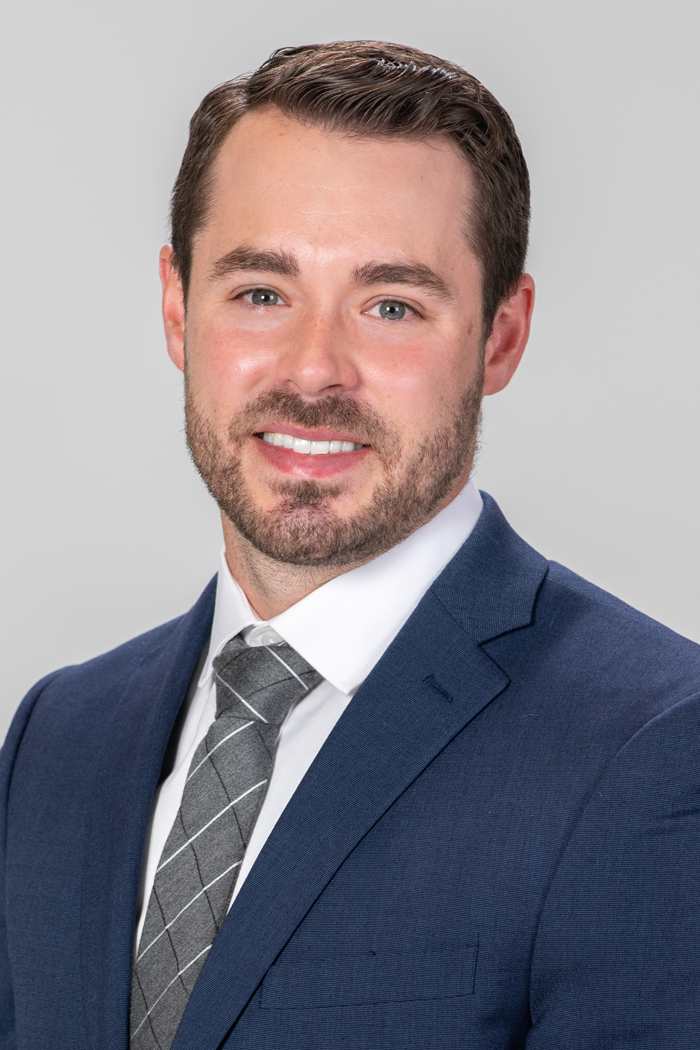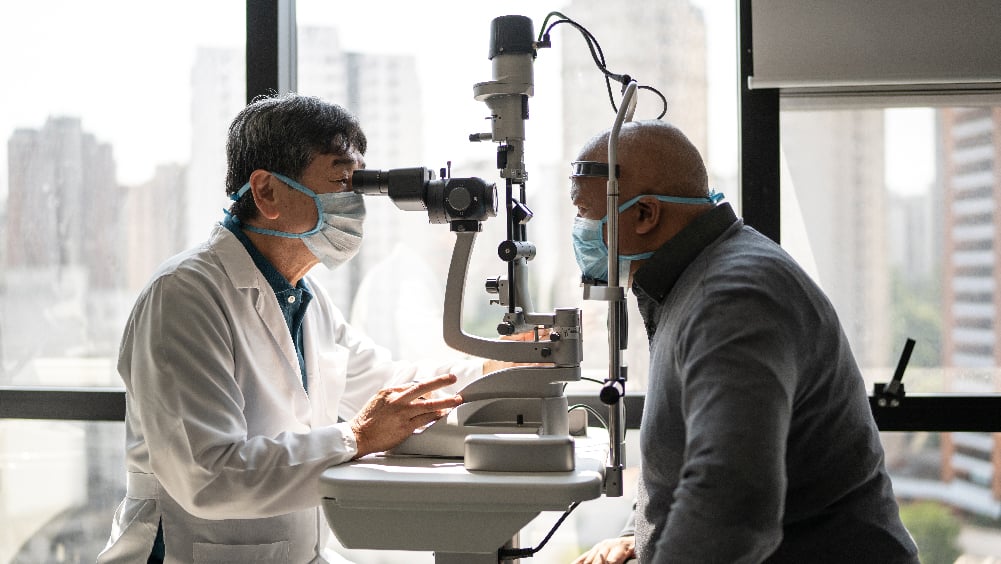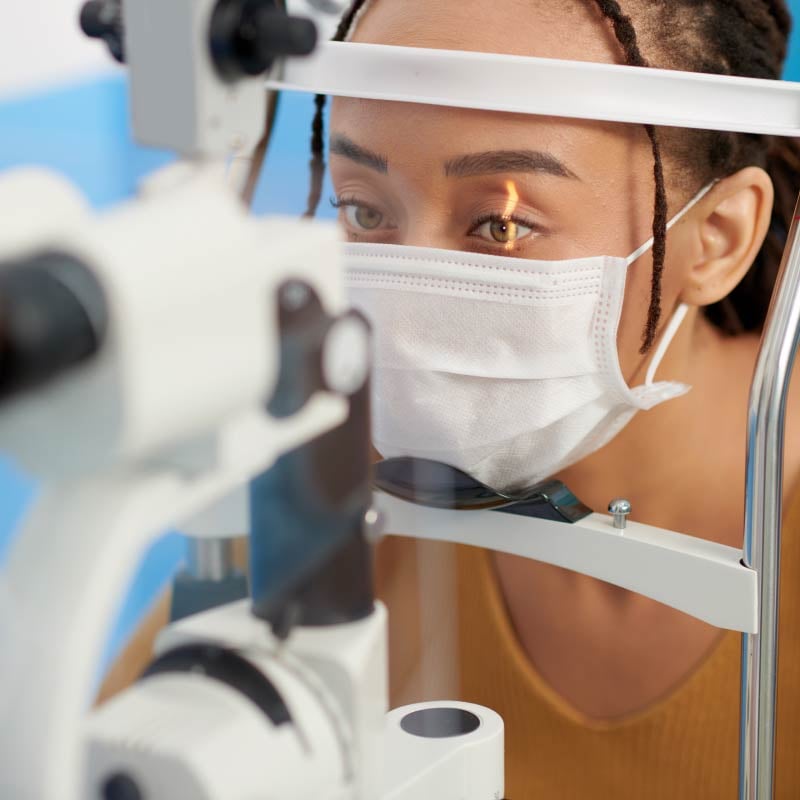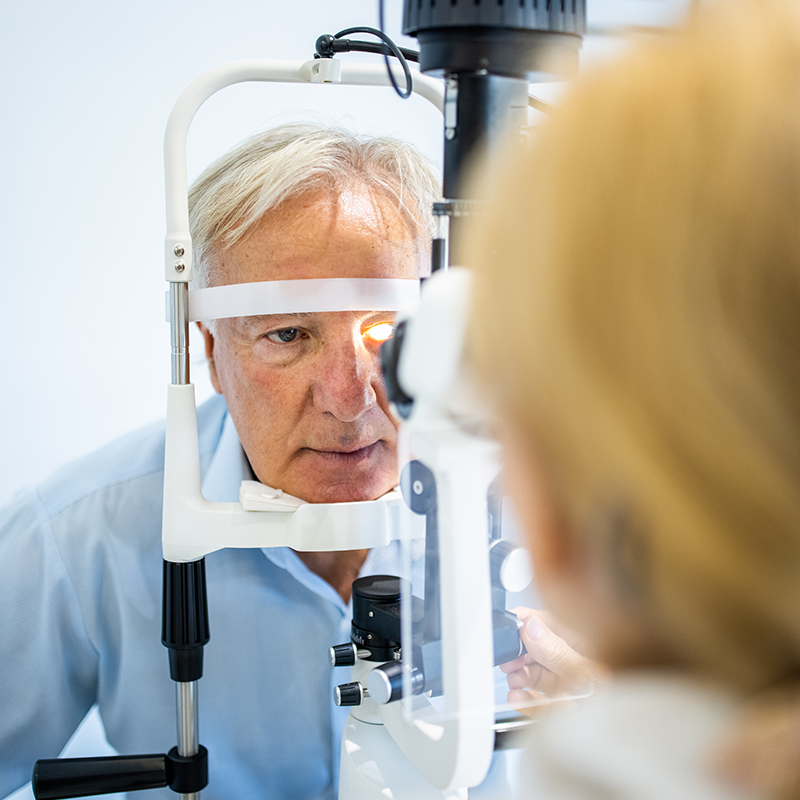For most people whose vision needs to be corrected, optometrists will prescribe lenses with frames or contact lenses.
But for some people, their vision requires medically necessary contact lenses – something that is different from patients who choose to wear contact lenses over frames.
Marc Deeley, OD, FAAO, FSLS, is an optometrist at Reed Eye with Rochester Regional Health and describes what medically necessary contact lenses are and who might need them.
Medically necessary contact lenses
An estimated 45 million people wear contact lenses in the U.S., according to the CDC. Many of those contact lens wearers make the choice to wear contacts over prescription eyeglasses.
In order for an optometrist to prescribe someone with contact lenses that are medically necessary, they must have an eye disease and/or a complicated prescription that is outside the normal prescription. The definition of a complicated prescription varies based on a patient’s vision insurance, but typically means being categorized as -10 or +10 diopters.
In addition, medically necessary contact lenses can only be prescribed if a person’s prescription cannot be corrected fully to 20/20 by wearing eyeglasses alone. Their eyesight must have a better quality of vision while wearing contact lenses as compared to eyeglasses.
Patient qualifications for medically necessary contact lenses
Optometrists treat patients of all ages, from infants to the elderly, who need medically necessary contact lenses. The patients who are most commonly deemed eligible to receive them are those with corneal irregularities. This category of patients makes up about 75 percent of medically necessary lens fittings and includes conditions such as corneal transplants, scars, dystrophies, and ectasias.
According to Dr. Deeley, the most common corneal condition leading to medically necessary contact lenses is keratoconus – a condition that causes a corneal progression where your cornea becomes more cone-like instead of spherical. Because their cornea is cone, these patients often cannot achieve quality vision through glasses and require customized rigid gas-permeable lenses. Using these custom contact lenses allows patients to have a more spherical surface again and improves their vision.
The remaining 25 percent of patients who are prescribed medically necessary contact lenses have conditions such as autoimmune disorders that cause severe dryness to the surface or eyelid abnormalities where their eyelids cannot fully close. Medically necessary contact lenses in these patients cover the cornea and provide protection, hydration, and healing of the ocular surface – similar to a bandage.
“When we have patients who have really been struggling with their vision using their glasses and we’re able to provide more adequate and comfortable vision through contact lenses,” Dr. Deeley said. “It can really change a person’s life, make them more functional, and even get them back to work.”
Financial coverage for medically necessary contact lenses
Insurance coverage for medically necessary contact lenses is dependent on a few factors. First, patients may need the lenses to be covered using either vision insurance or medical insurance.
Some vision insurance policies will recognize and provide at least some coverage for health conditions that require a prescription for medically necessary contact lenses.
Medical insurance policies typically cover these conditions less frequently than vision policies, according to Dr. Deeley. For those medical insurance plans that do provide some form of coverage, patients still need to pay out of pocket.
Patients should contact their vision and/or medical insurance provider to determine how much coverage they have for medically necessary contact lenses.










